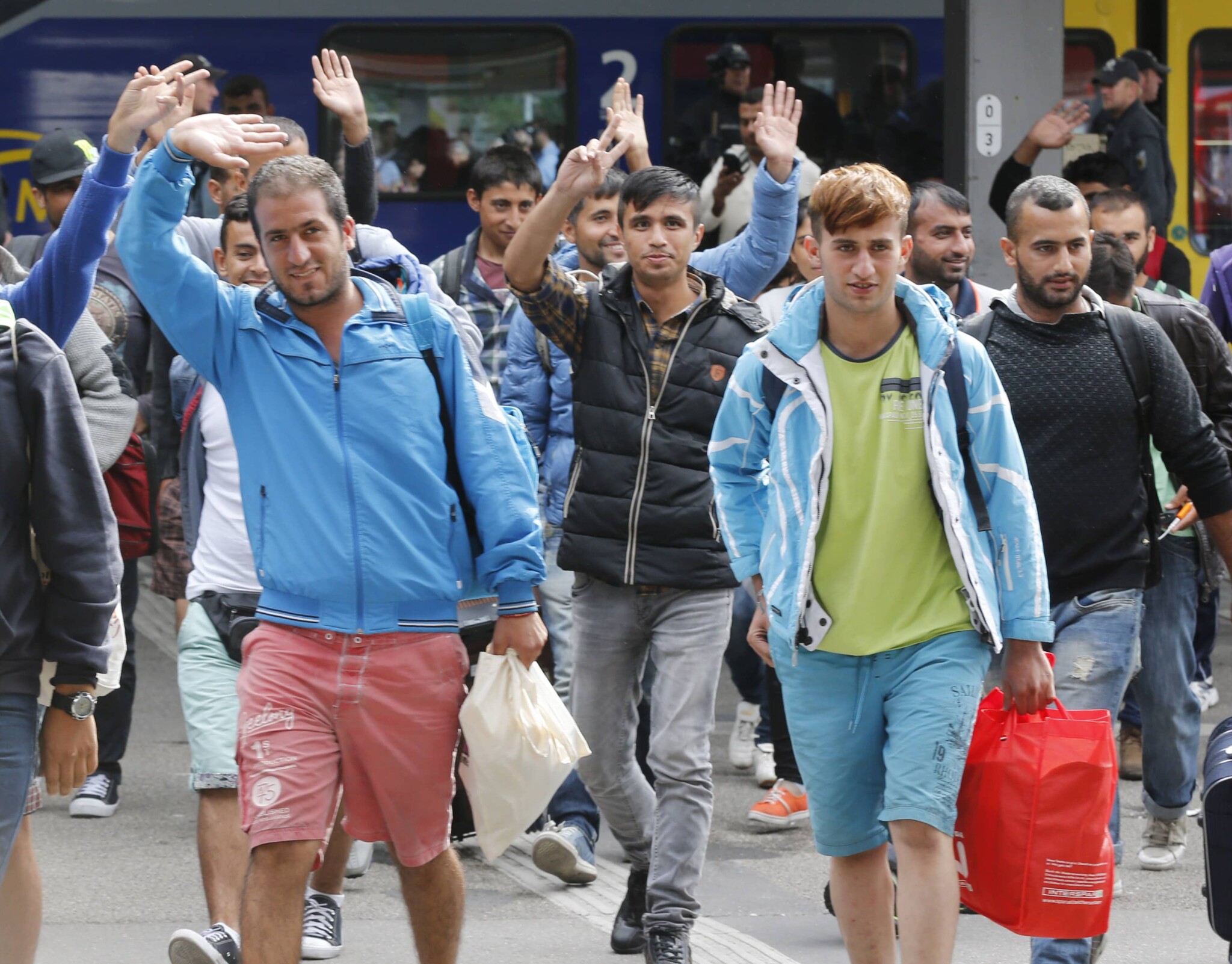Every year, migrants and refugees transfer billions of euros from Germany to family members in their home countries, with the Bundesbank estimating this to be at least €6.8 billion per year.
Now, some German political parties want to crack down on this development, with the anti-immigration Alternative for Germany (AfD) seeking to “reduce poverty migration to zero” with restrictions on cash payments and social benefits.
Some of the money sent abroad is earned from work, but a substantial amount is likely from social welfare payments transferred to migrants, who then send it out of the country to support their families across the world. Since many of these social welfare benefits are distributed as cash, there is little oversight in how this money is used and transferred by migrants.
These foreigners have a substantial incentive to send this money overseas, where due to exchange rates and different standards of living, the euro can go far further than it can in Germany. However, these social welfare payments were never designed to be sent overseas, and are meant to provide the necessary support for migrants within Germany.
The debate on these remittances is only growing, with pro-migration parties working to stop efforts to disburse social welfare through electronic cards rather than cash. There is an awareness that if migrants stop receiving this money in cash, it may even serve as an incentive to leave the country. Not only would cash remittances become far more difficult, but prostitutes, drugs, and alcohol could also face restrictions.
However, so-called vices such as alcohol and cigarettes may still be freely available with the new bank cards for migrants, with the Alternative for Germany (AfD) working to enact restrictions on certain products.
“Established politics is once again misleading the German public. The goal of all reforms of asylum seeker benefits must be to reduce poverty migration to Germany to zero. To achieve this, all false incentives must be eliminated immediately. This is not feasible with a payment card for asylum seekers that continues to provide cash benefits and does not even exclude things like alcohol or cigarettes,” said AfD parliamentary group spokesperson, René Springer.
“We need a strict principle of benefits in kind for asylum seekers — bread, bed, and soap. There should be nothing more. Only then can we really assume that people who ask for asylum here are actually seeking protection. Asylum is only intended for this purpose and not as an access portal to German social benefits,” he continued.
It is not just the AfD working to abolish cash benefits. Free Democrats (FDP) parliamentary group leader Christian Dürr said these cash benefits have been a “real pull factor. A lot of money was then sent home. We don’t want that.”
[pp id=109086]
However, other pro-migrant politicians such as the Green Party’s Erik Marquardt claim that migrants sending this tax money home is actually a good thing, saying that it is an “important part of development cooperation.” The argument is that these migrants are helping their families out of poverty.
German citizens, who pay high taxes and are already dealing with housing and food inflation, however, might see it differently. The government spent €36 billion on its swelling migrant population last year, and this figure is only set to increase in 2024. As Germany spirals into debt, a major factor is the country’s migrant population, which often struggles to find work, and ends up being a ward of the state for years.
For example, according to German newspaper Welt, only 200,000 of the 800,000 Syrians in the country, are actually employed to the extent that they make social security contributions. That is not even close to half. Half are unemployed, while many are unemployed and still require social benefits.
[pp id=100117]
The Bundesbank estimates that 6.8 billion was transferred abroad in 2023, with €834 million of that, for example, sent to Turkey, while Syria (€360 million), Afghanistan (€139 million) or Iraq (€109 million) all saw significant inflows.
However, these are only estimates, as only transfers over €12,500 are subject to reporting, and the true number may be significantly higher.






